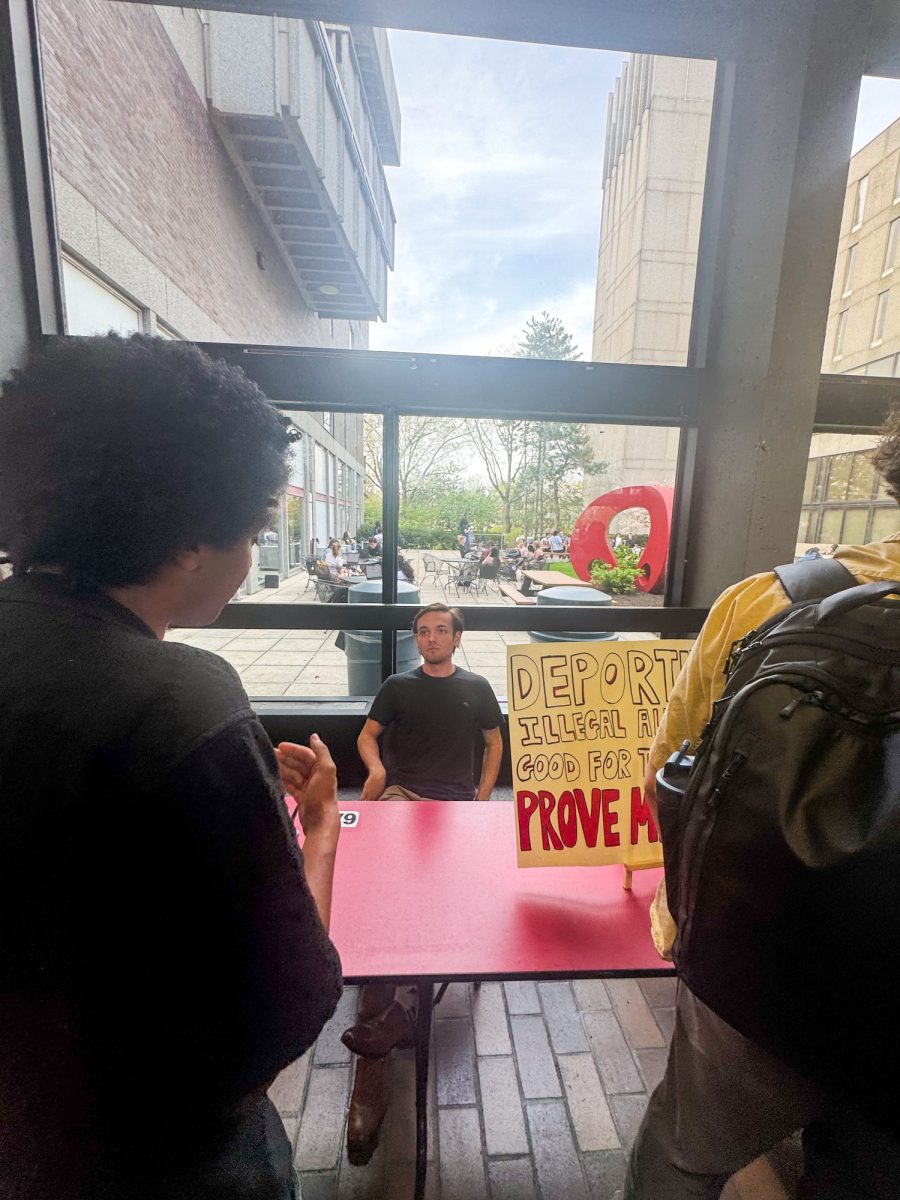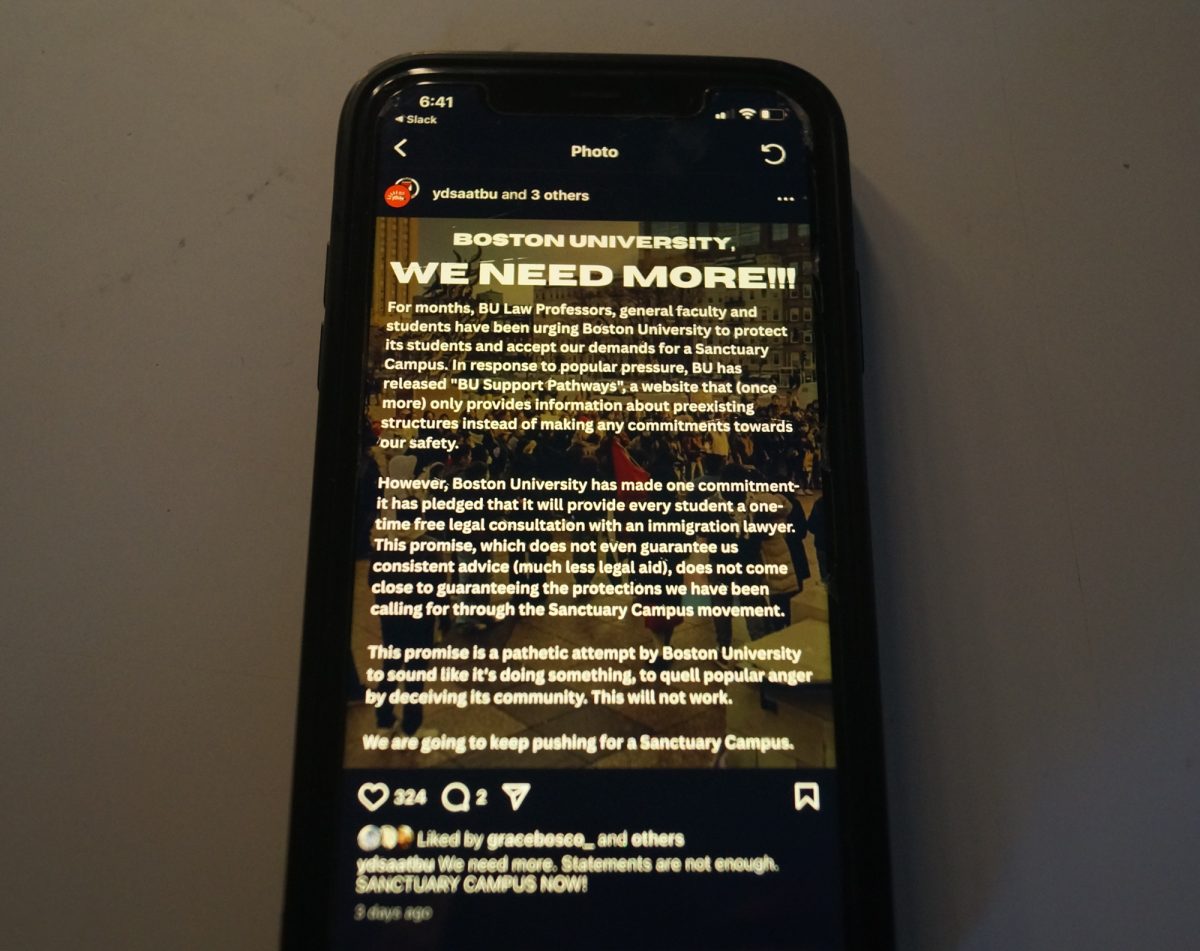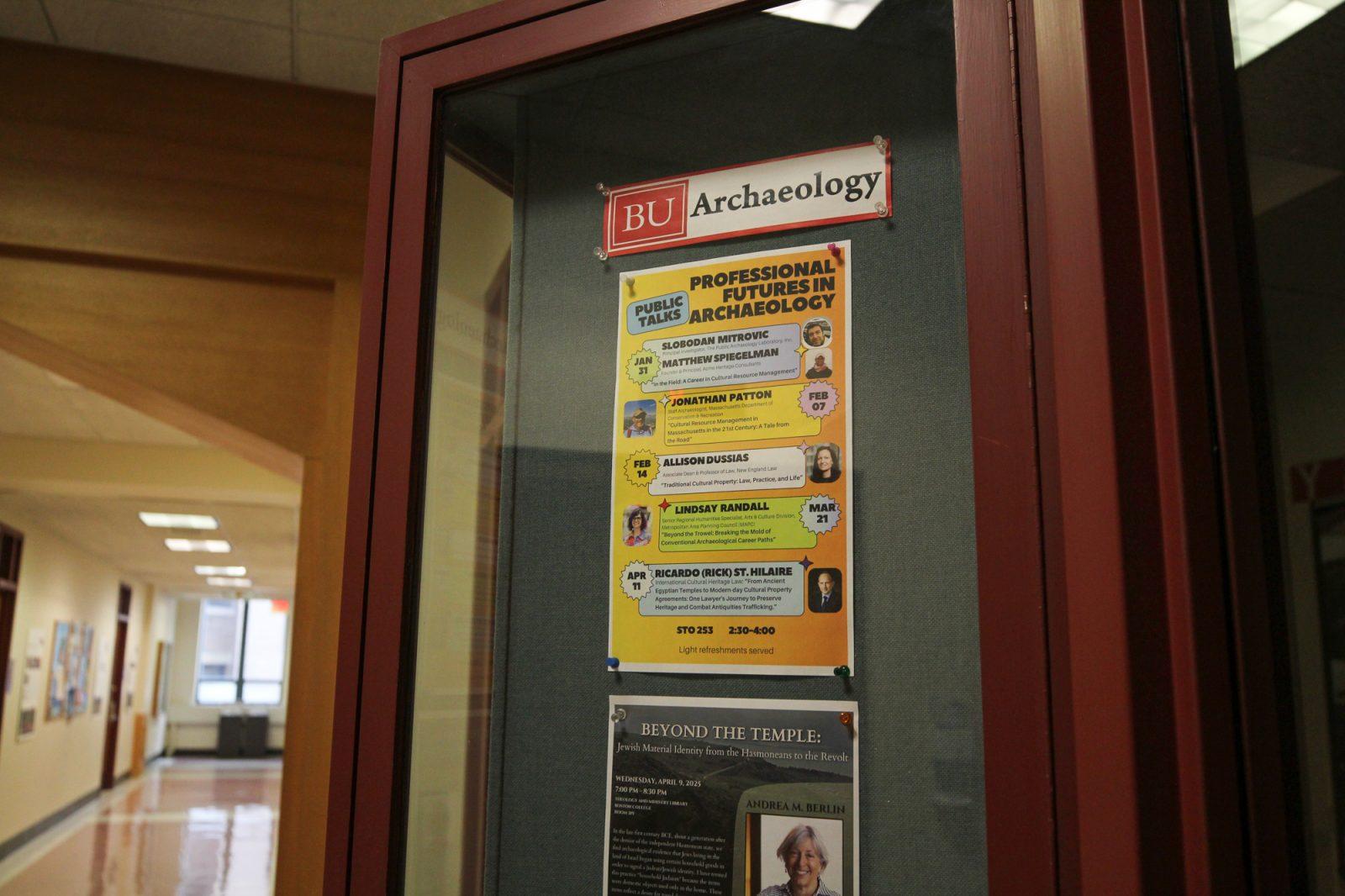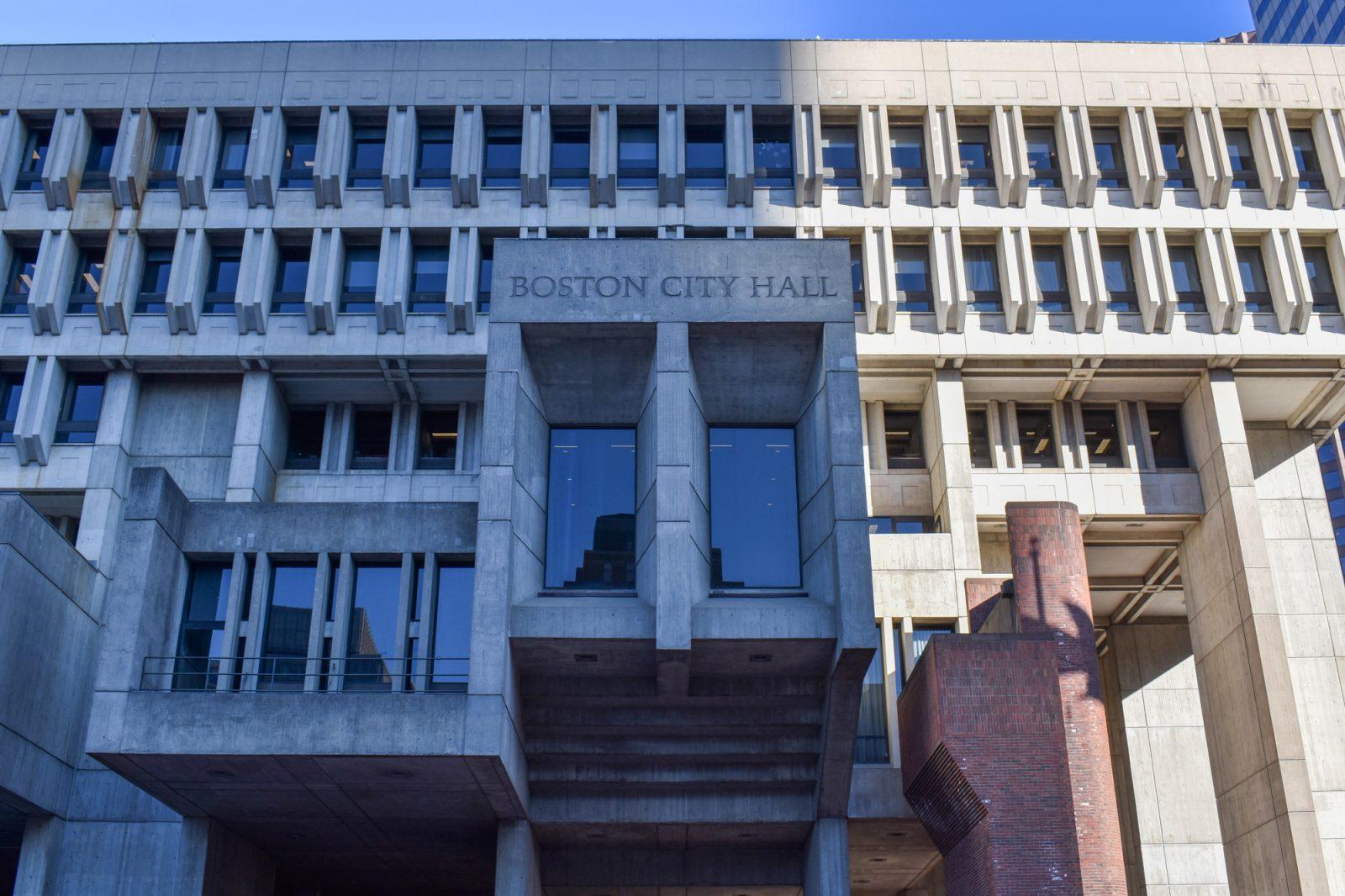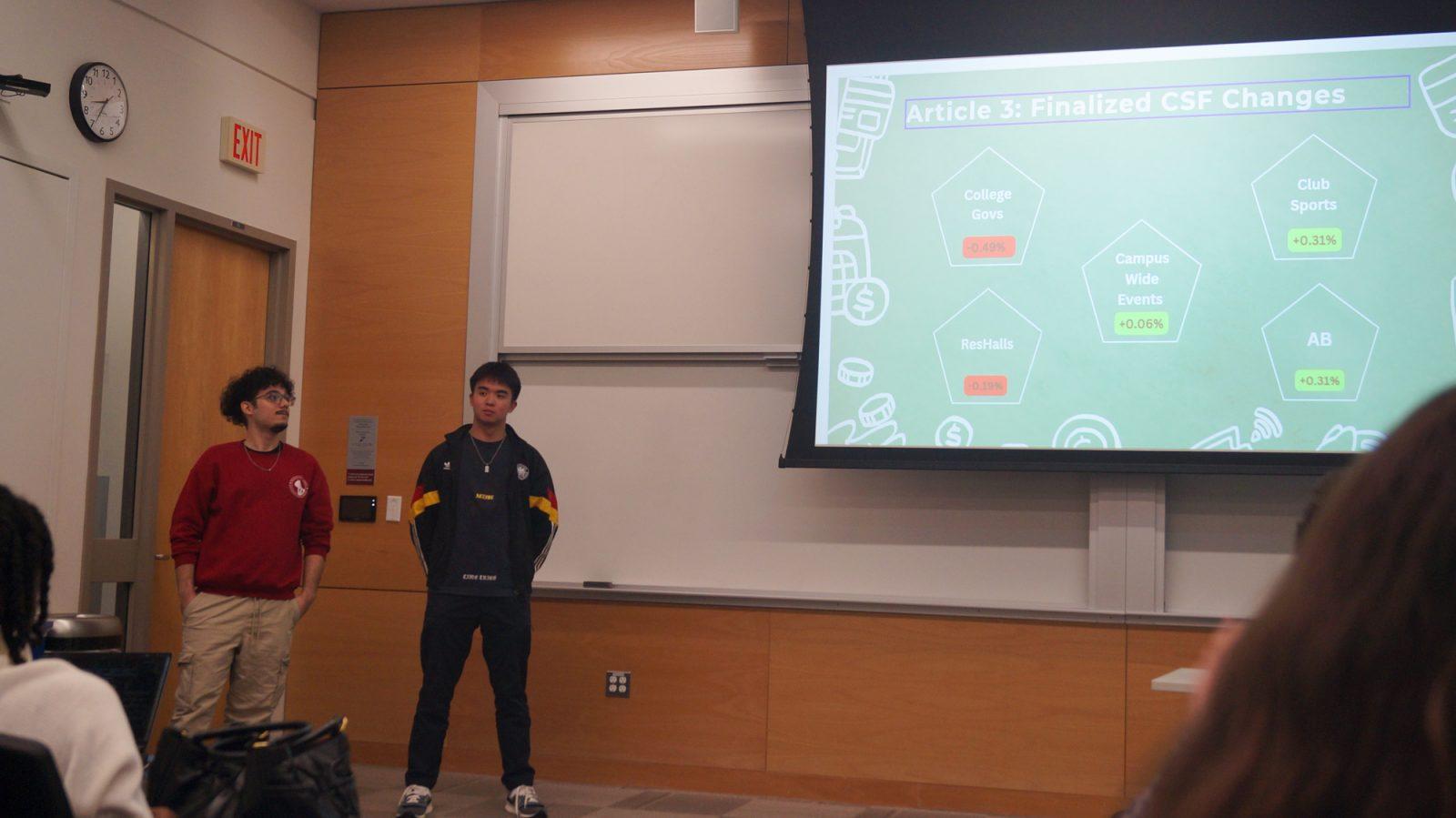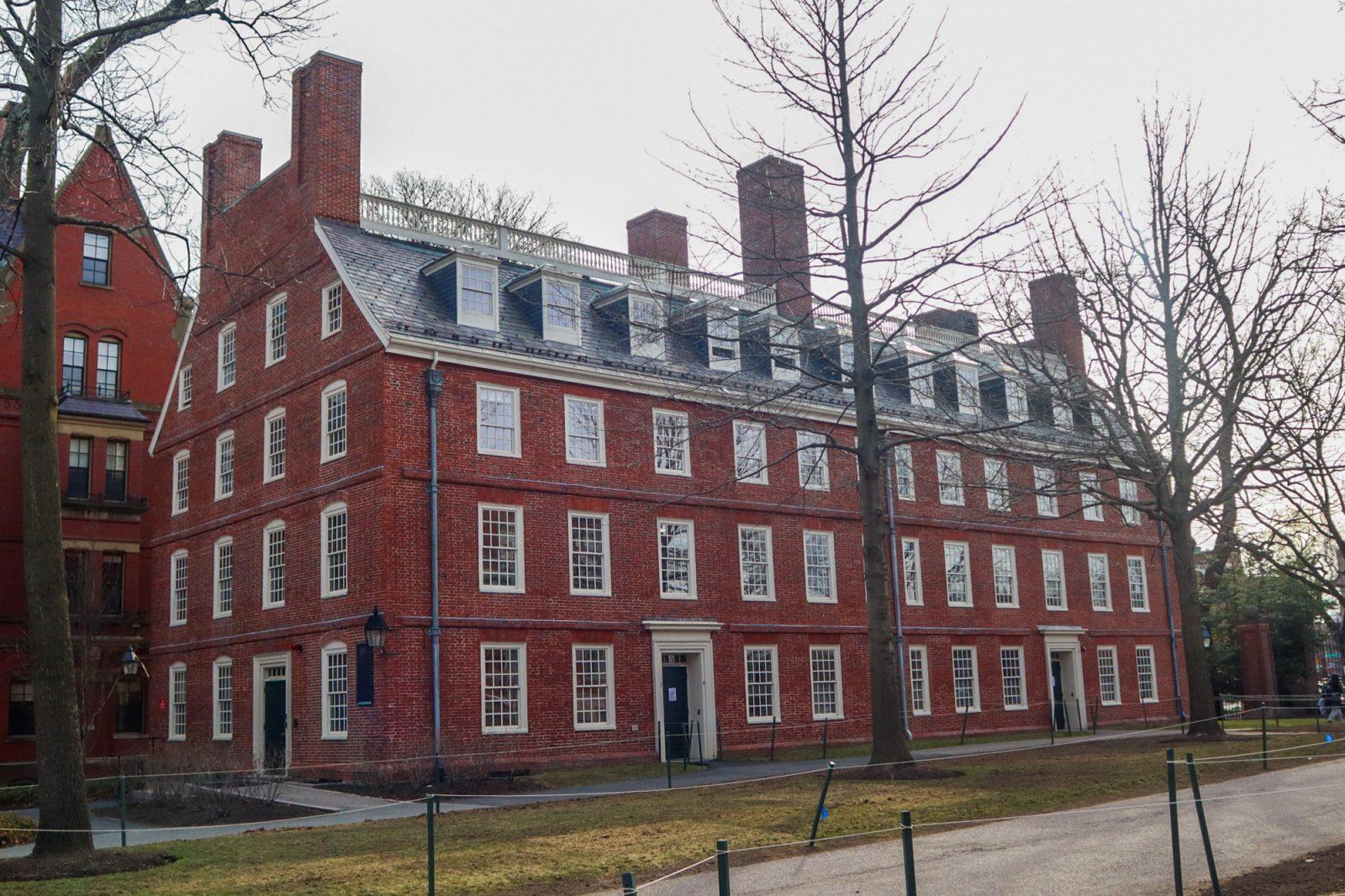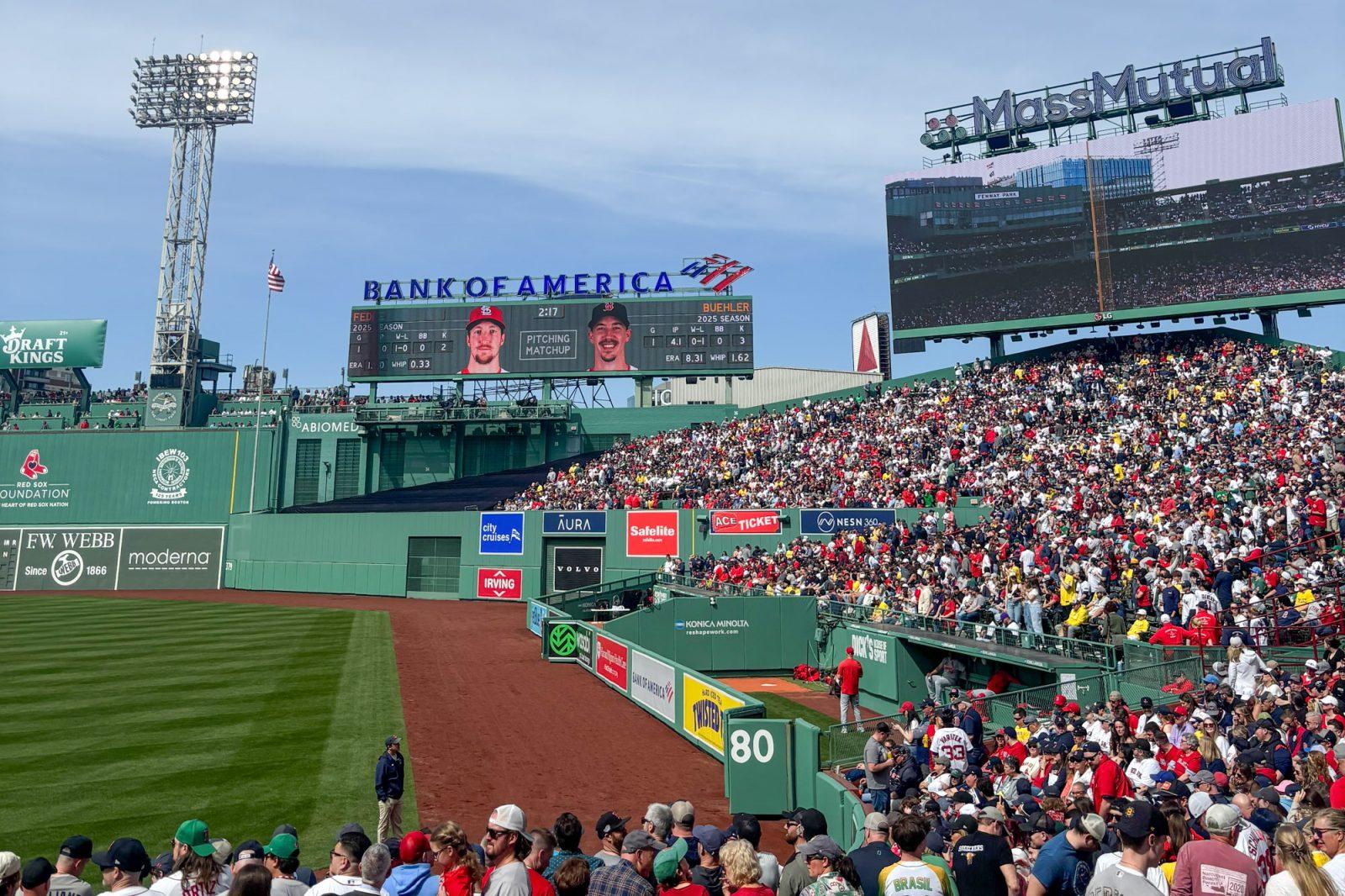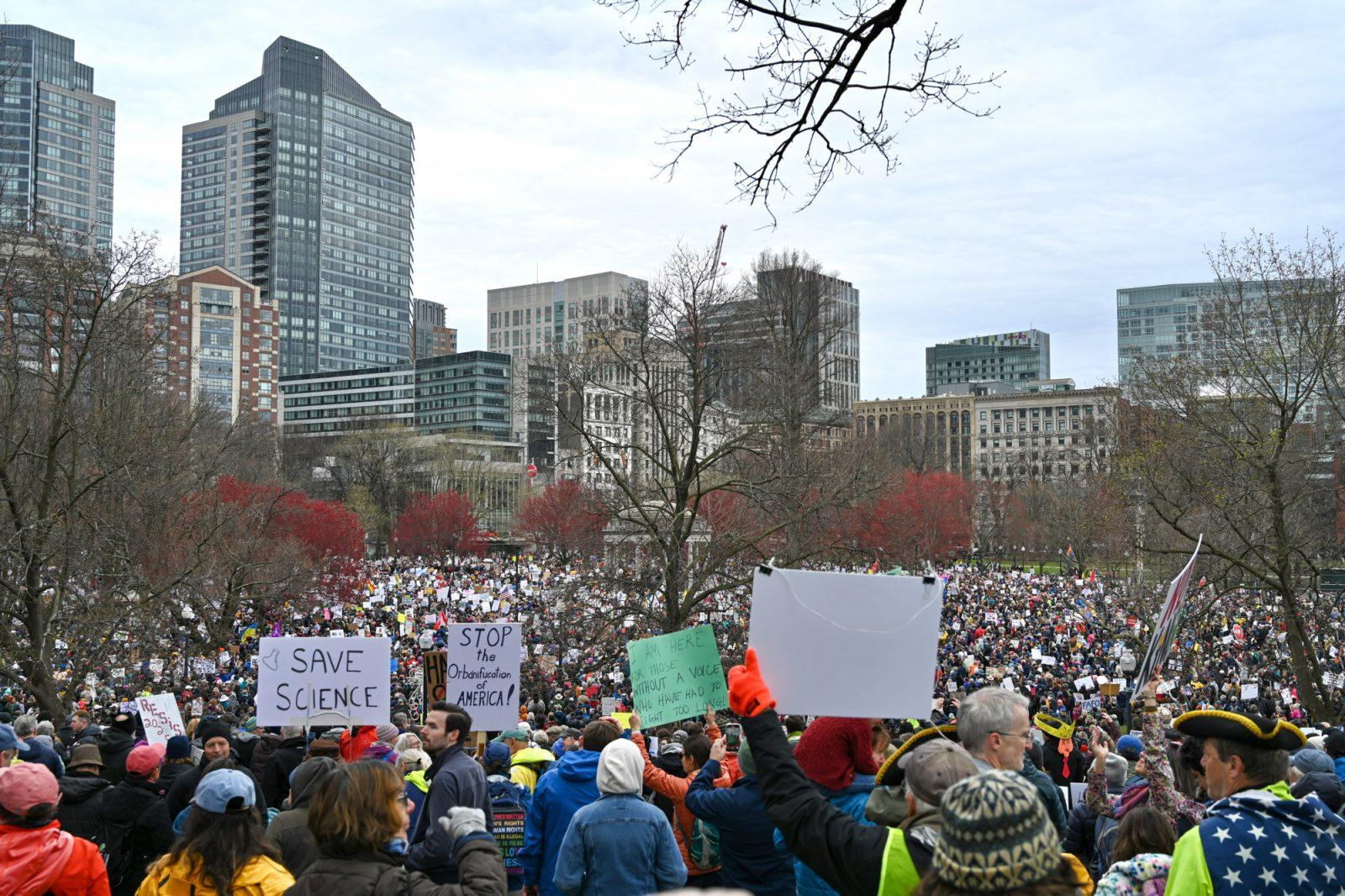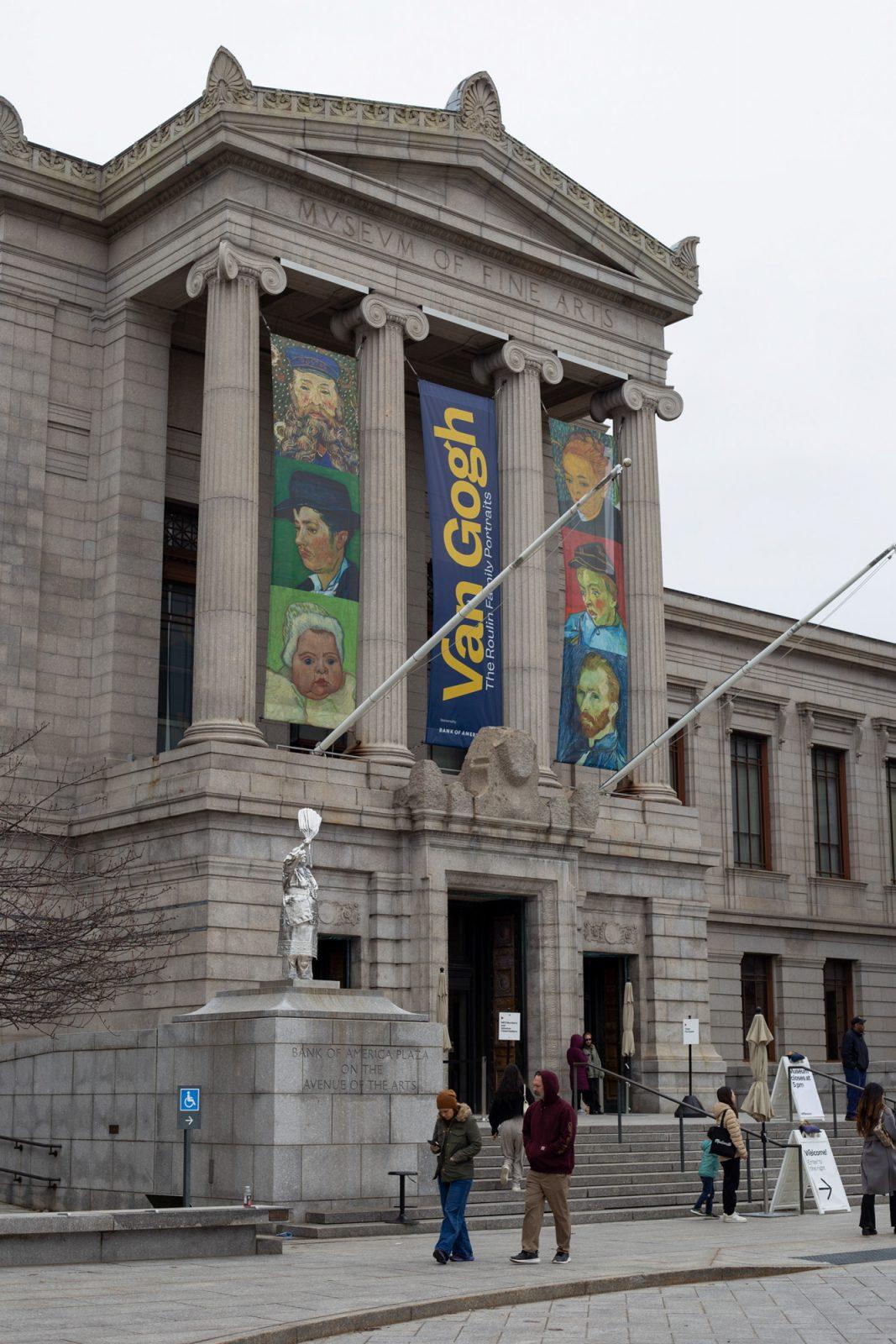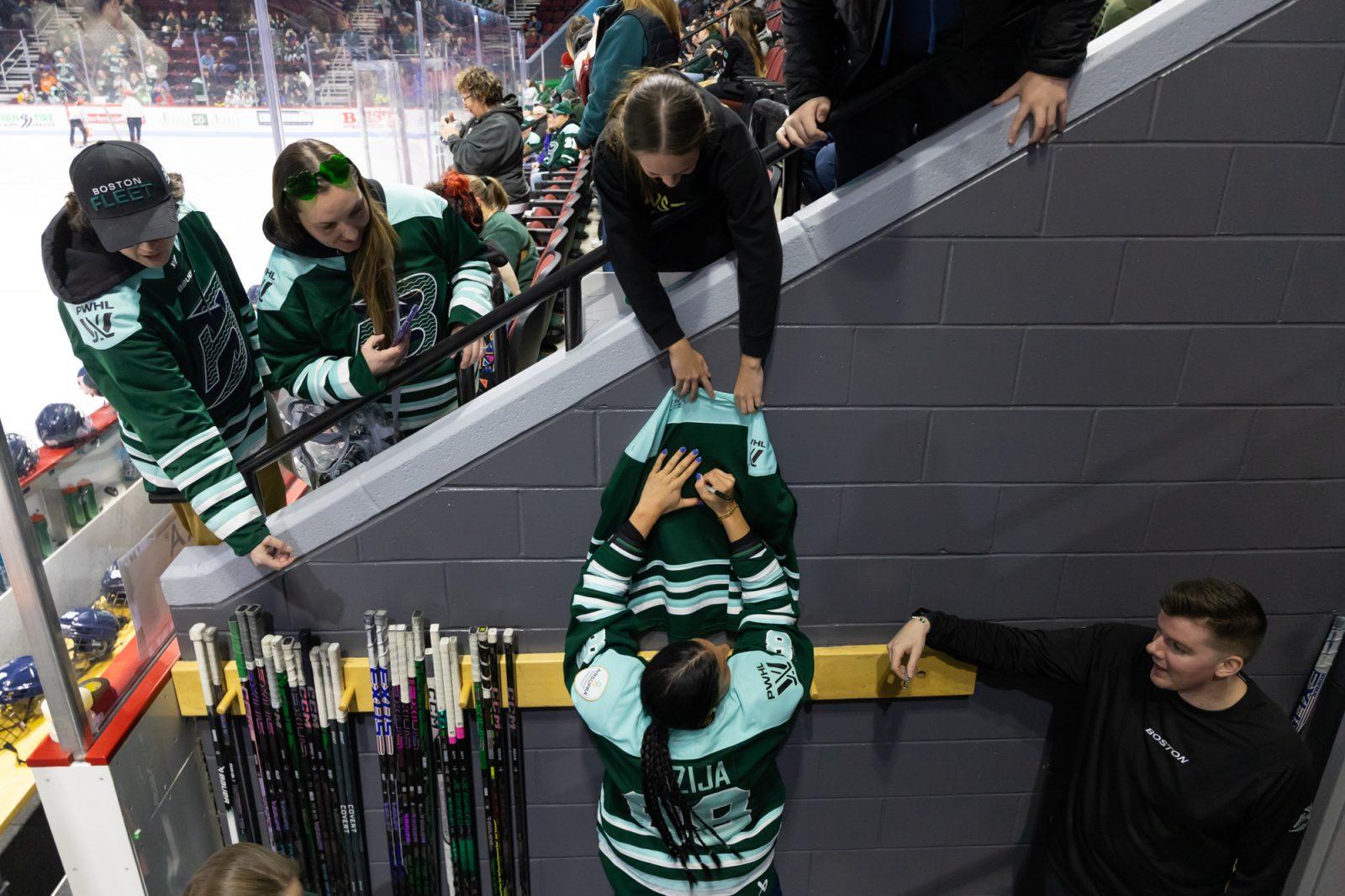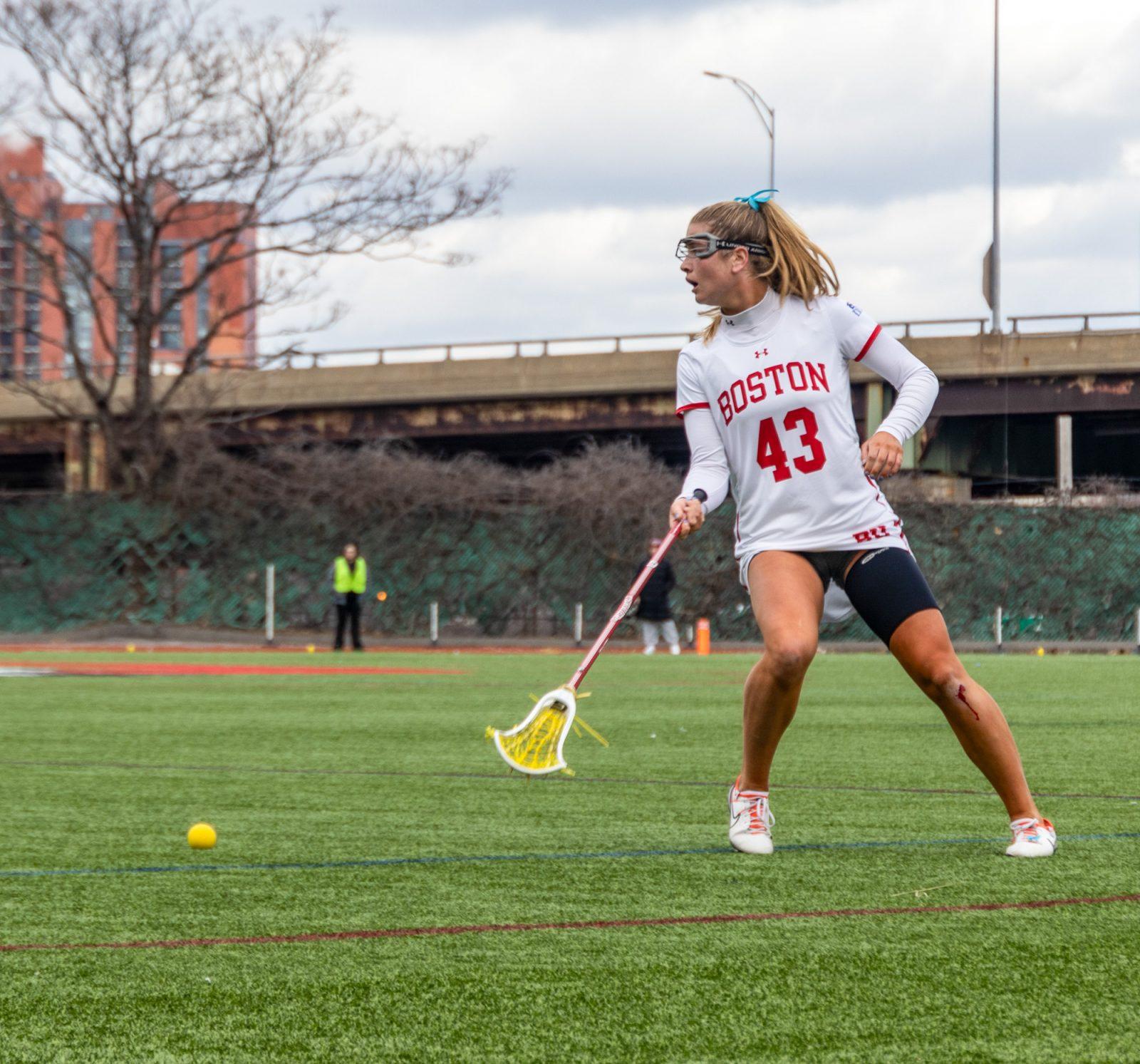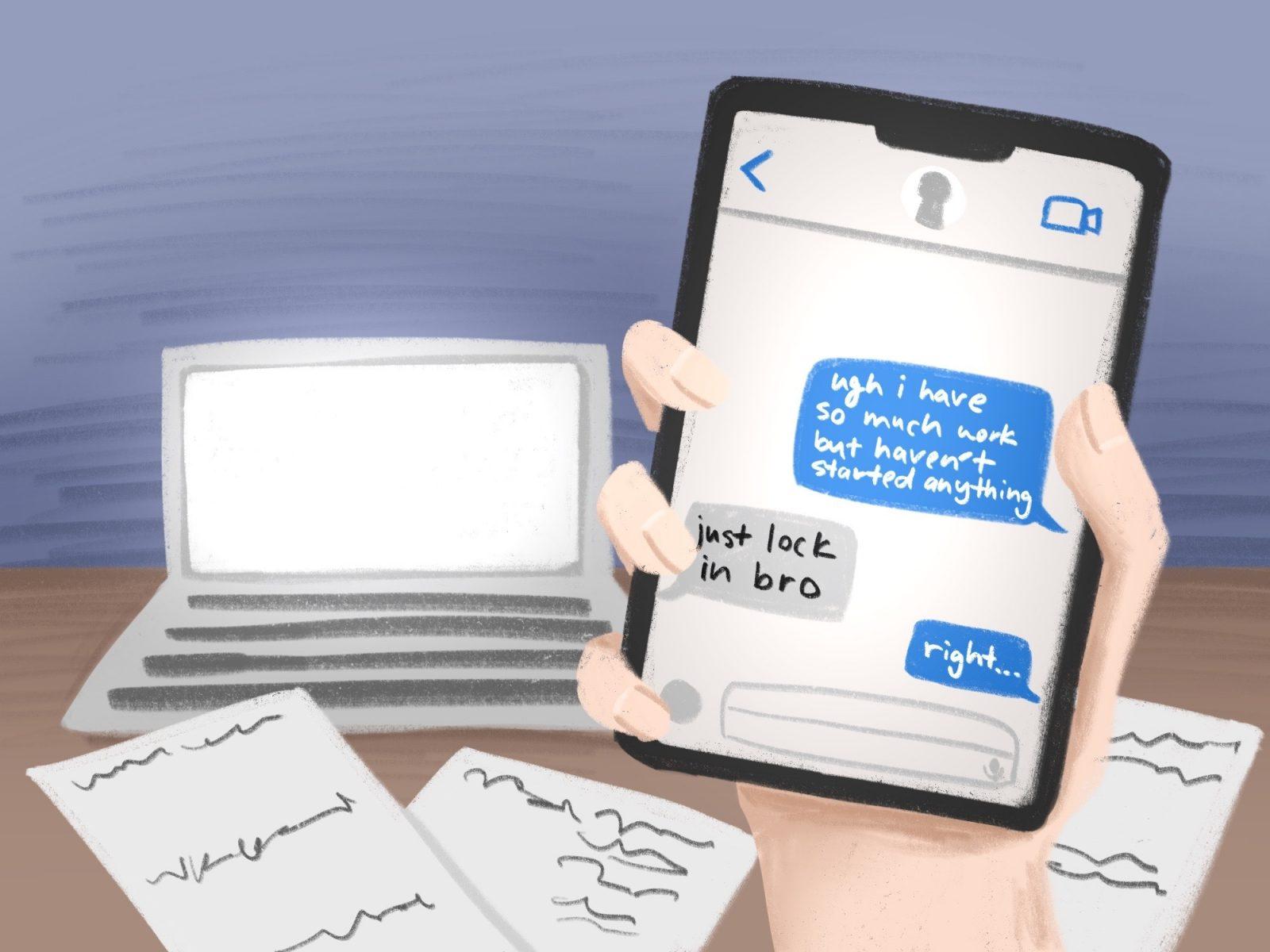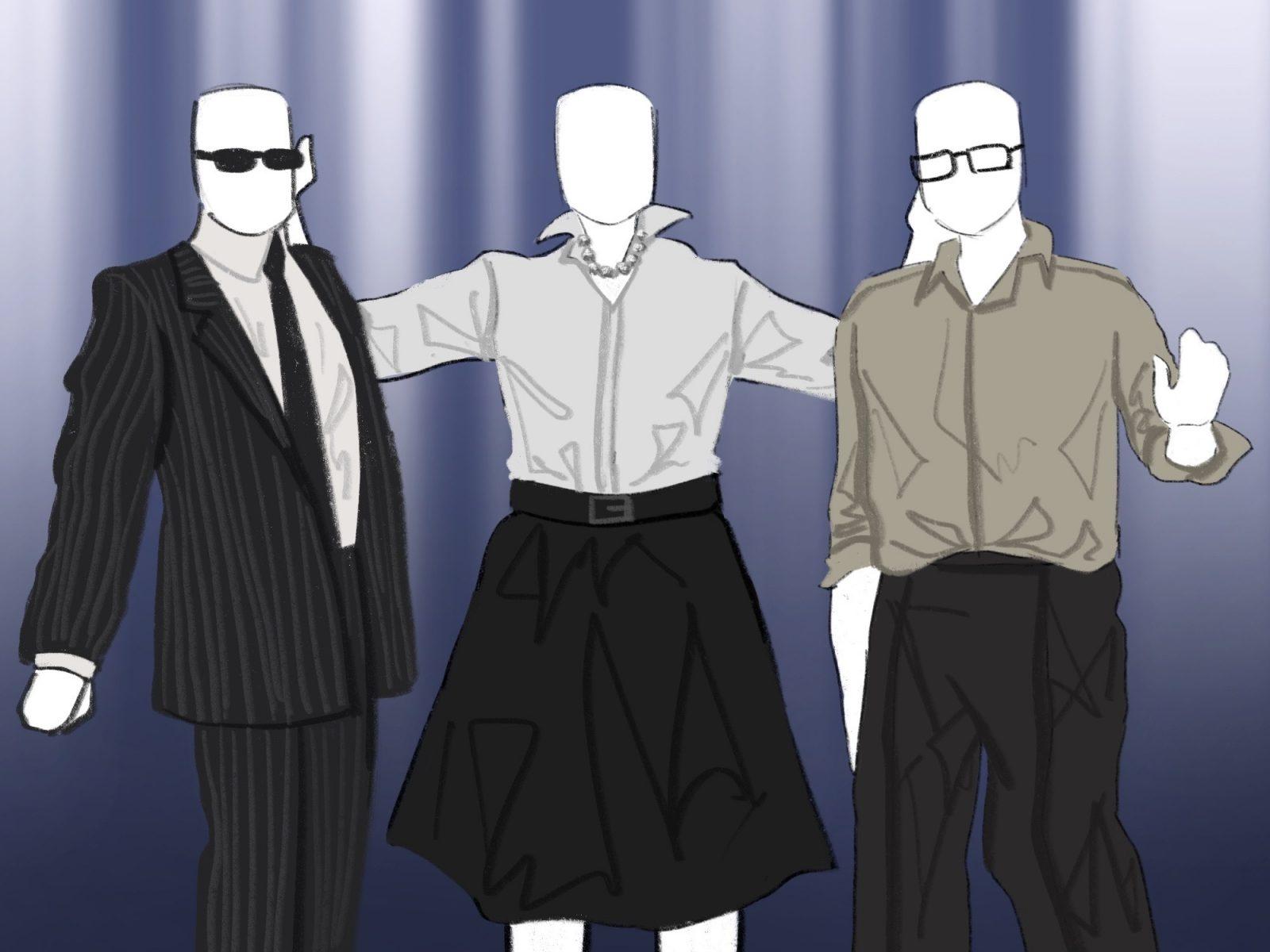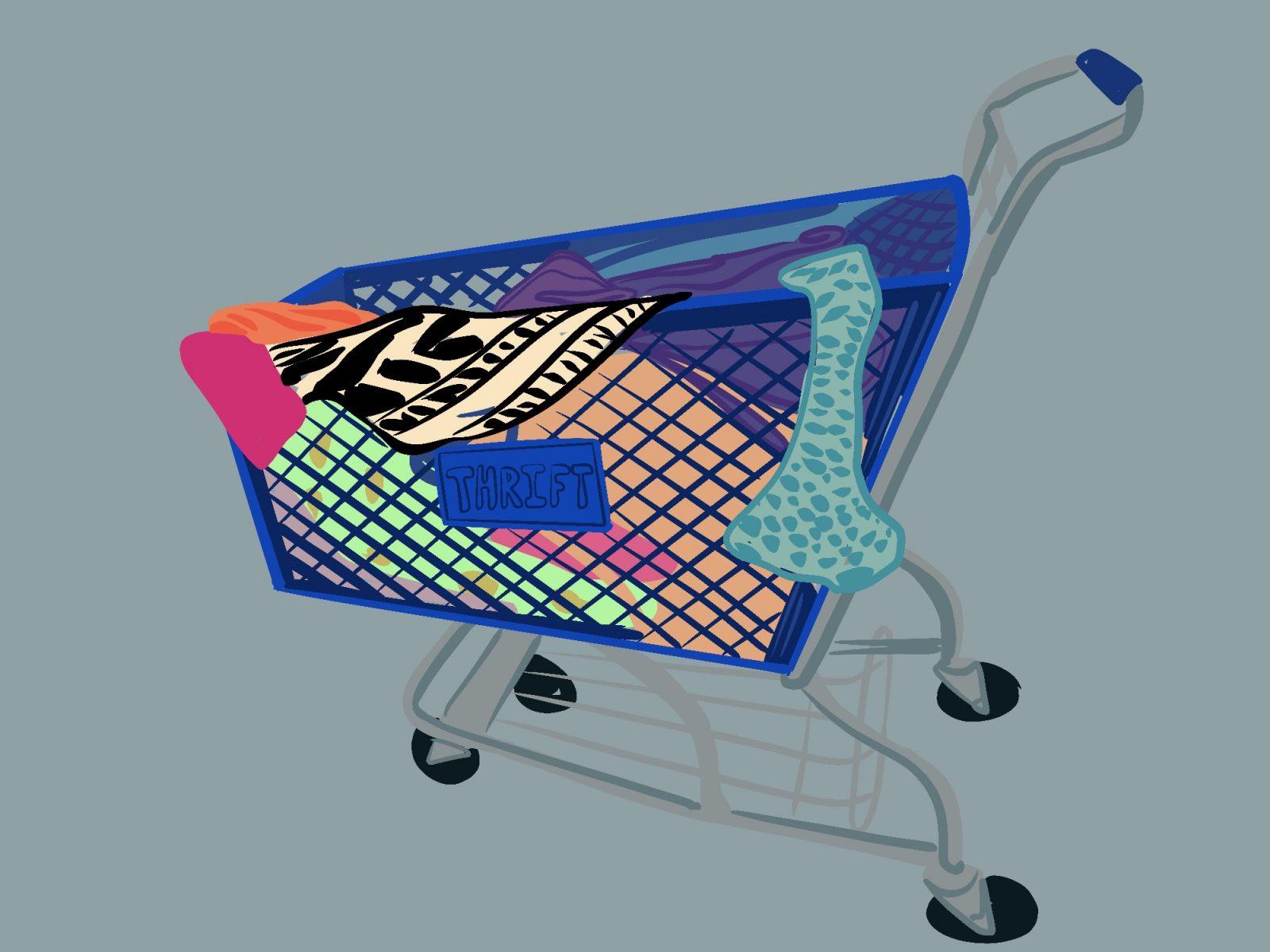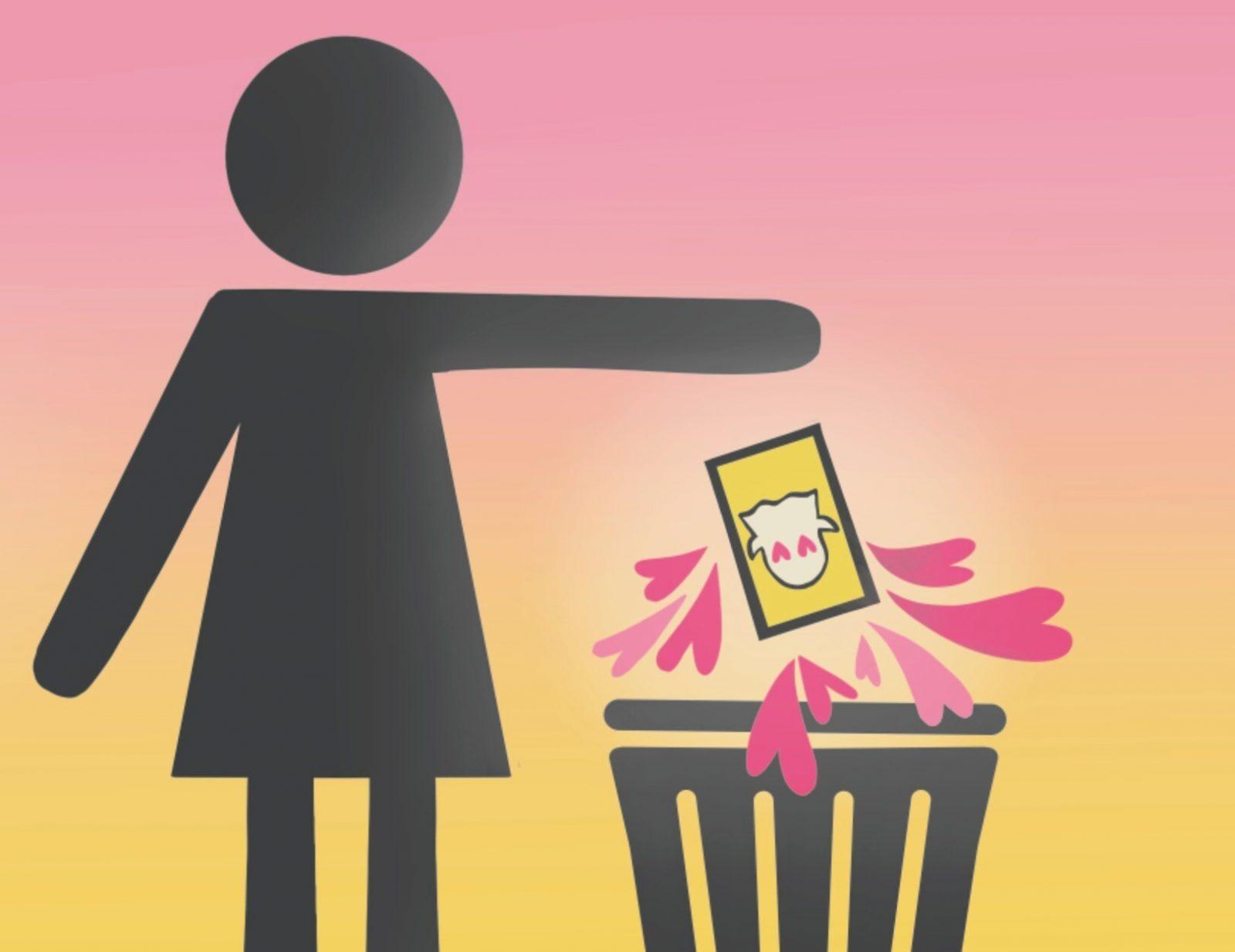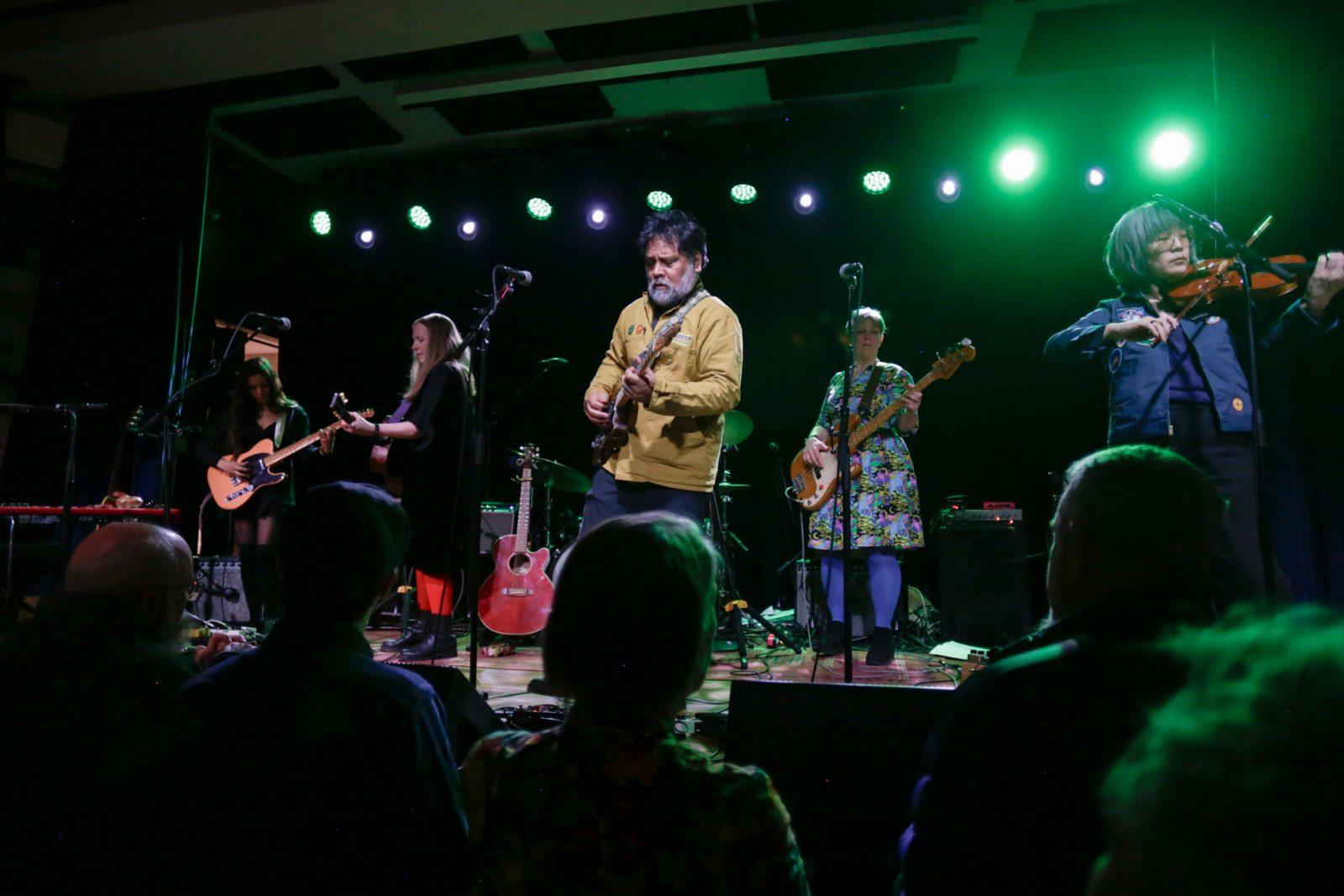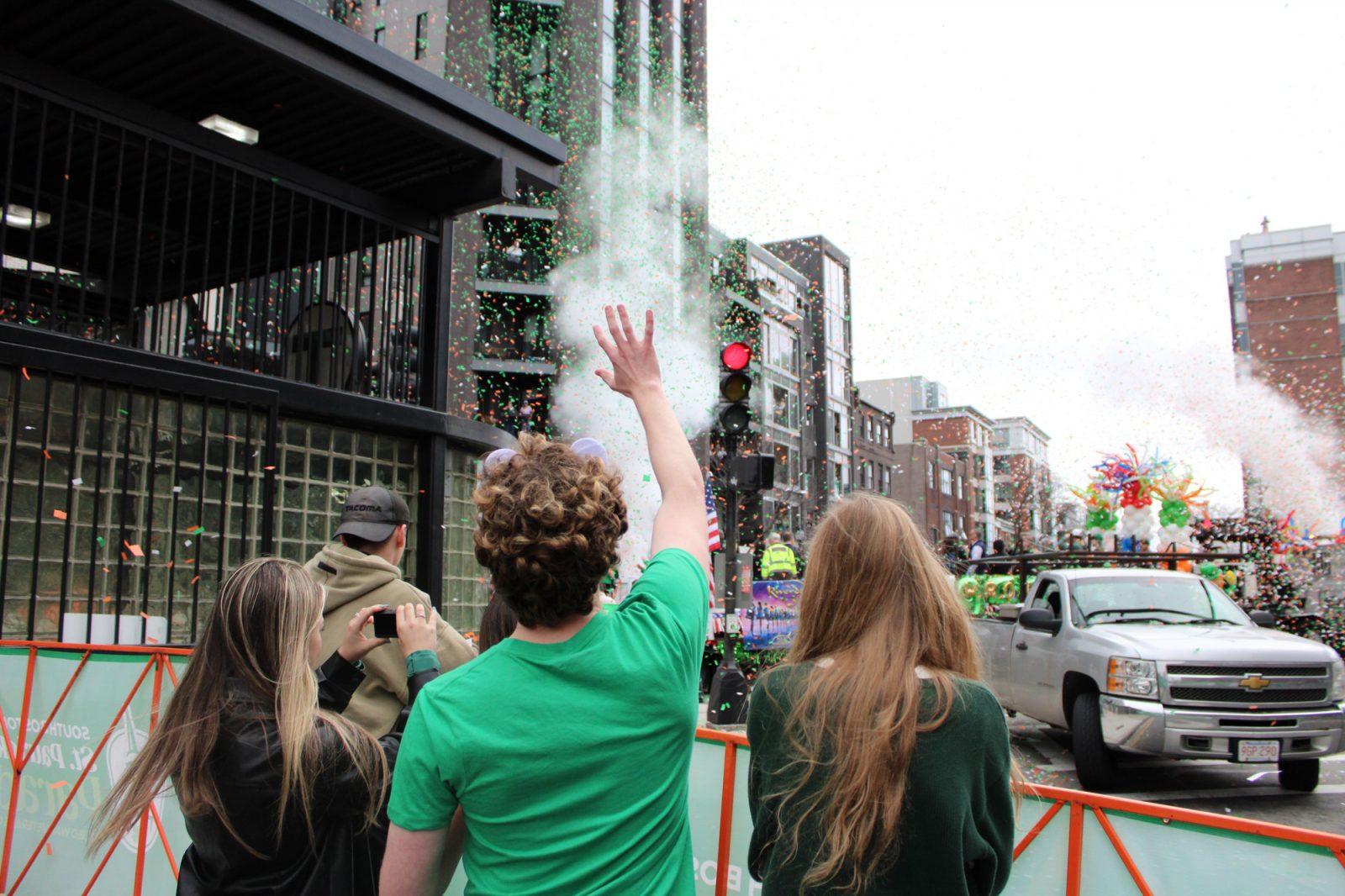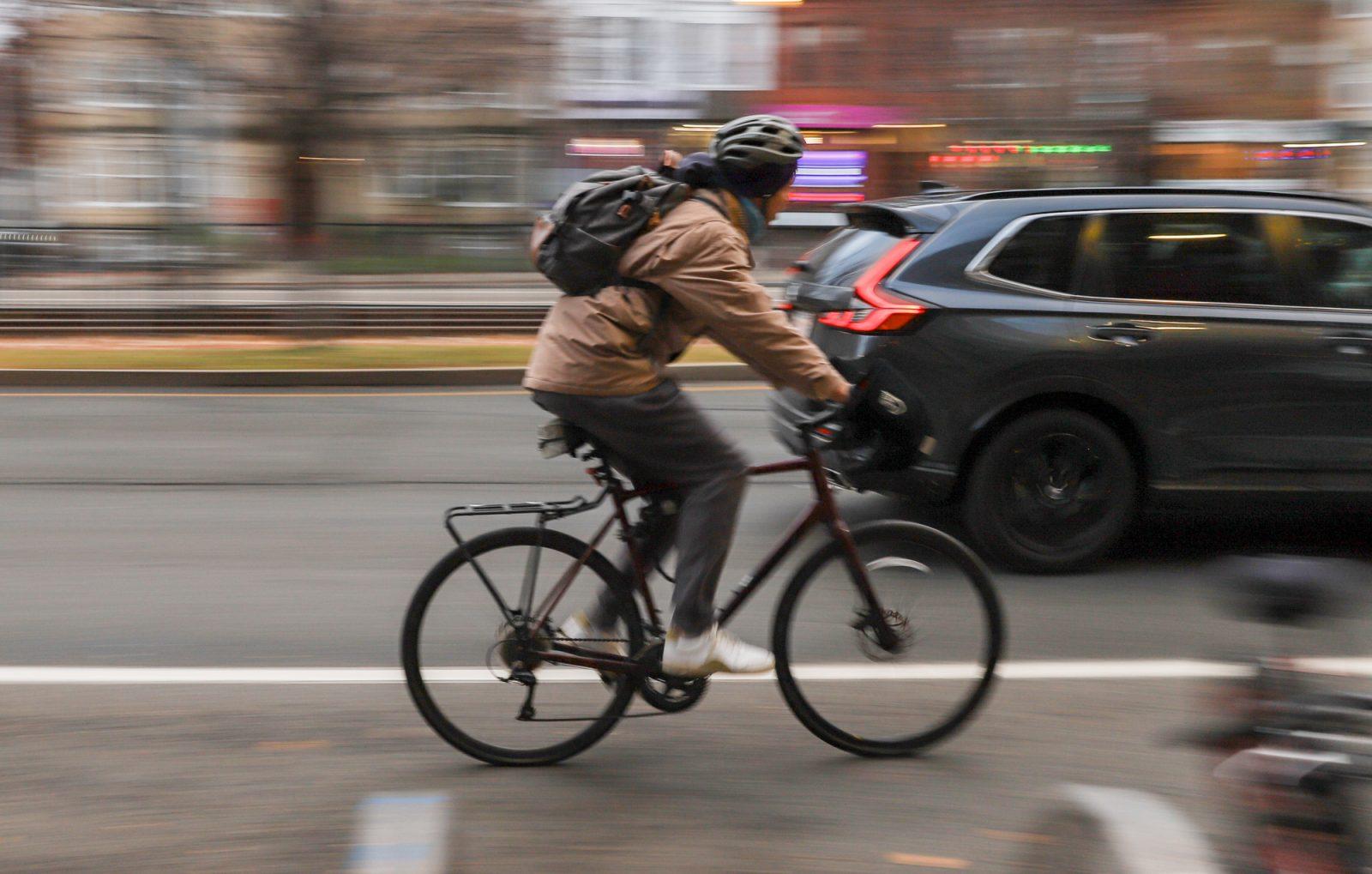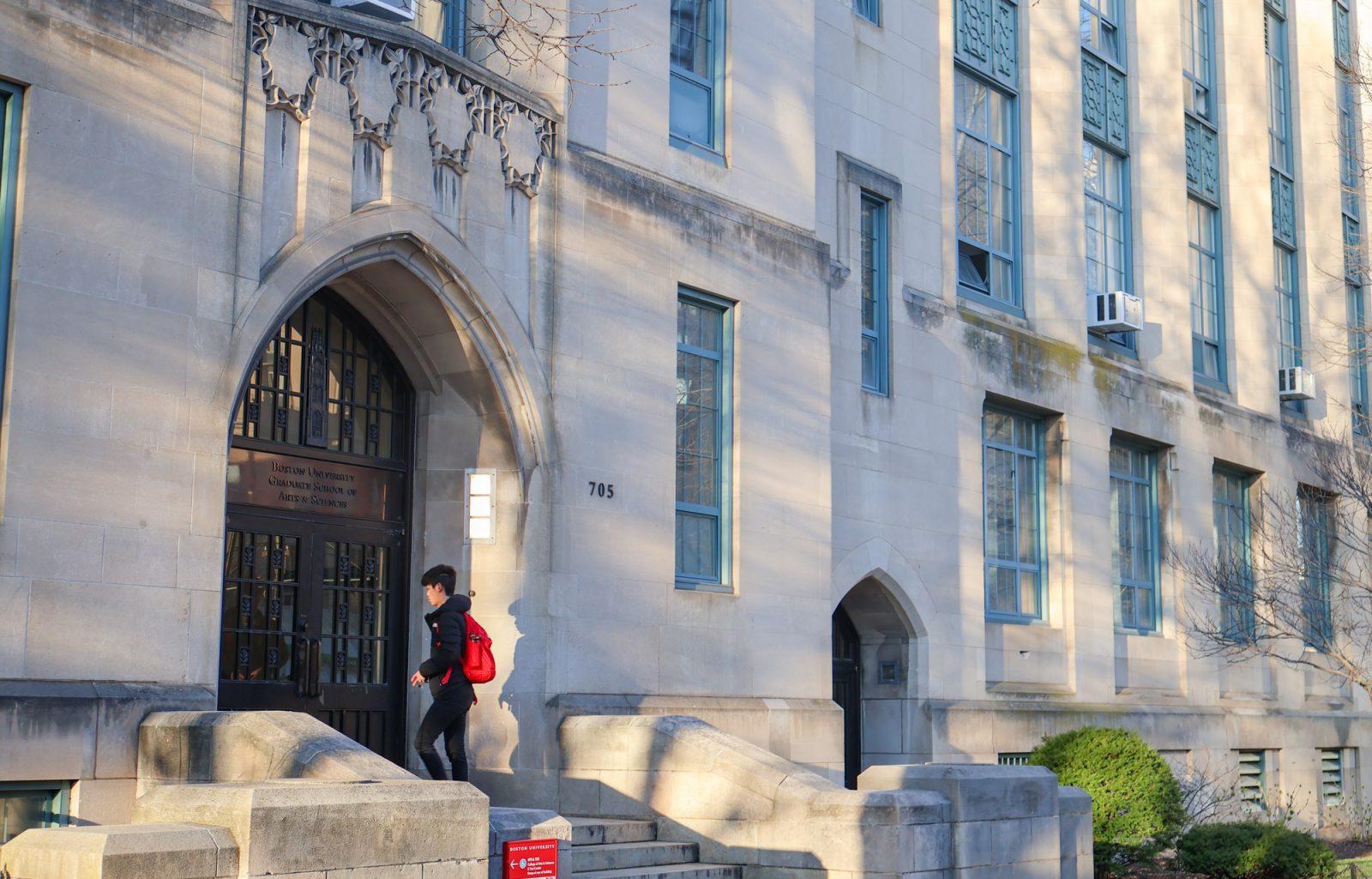Following a proposal by Boston City Councilor Robert Consalvo (Hyde Park, Roslindale) to install rubber sidewalks in parts of the city, the Council on City and Neighborhood Services held a meeting yesterday with Rubbersidewalks, Inc. to brainstorm a solution to the city’s growing problem of tree roots tearing up the sidewalks.
Rubber sidewalks are modular interlocking sidewalk paving systems that are easier to remove than cement sidewalks when tree roots start to tear a walkway.
There are an estimated 50,000 trees in Boston that are tearing up the sidewalks, speakers said.
“In the southwest corner of the city every year when I am going door-to-door, someone always says that the person who fixes [the sidewalks] gets my vote,” said Boston City Council President Michael Flaherty.
“Street trees provide oxygen, shade and a suburban atmosphere,” Consalvo said. “They are such an important part of the city. We never want to destroy that.”
Trees across the city that develop large and invasive root systems buckle the sidewalk and pose a danger to pedestrians, said to Dan Joyce, vice president of Rubbersidewalks, Inc.
Rubbersidewalks, Inc. offers rubber sidewalk tiles made of 100 percent recycled California tire rubber as an alternative to concrete sidewalks. Rubbersidewalks, Inc. takes 20 percent of the 209 million tires the United States throws into landfills every year and uses them to construct sidewalk systems.
Rubbersidewalks, Inc. President and CEO Lindsay Smith said rubber sidewalks provides trees with better access to air and nutrients, and rubber sidewalks allows for individual two square-foot sections to be removed and reinstalled after maintenance. Concrete sidewalks require heavy machinery and manpower from sidewalk installers to maintain.
The rubber sidewalks’ pores allow water to seep through the blocks’ centers and edges, accumulating half an inch of rain per hour for trees, Smith said. Concrete sidewalks typically crack in three to seven years, contributing to $50,000 in trip-and-fall claims annually.
“There is a lot of future to our product,” Smith said.
Forty-three cities across the country have installed rubber sidewalks, including sidewalks that have endured three winter cycles in Garden City, Utah.
On Monday, Baltimore installed 4,000 square feet of rubber sidewalks.
“Maybe someday we can fix all the sidewalks,” said Councilor Michael Ross (Back Bay, Fenway), City and Neighborhood Services commissioner. “We’re at the forefront of new ideas along with cities across the country. We have an issue — an access and monetary issue.”
The sidewalks will cost $15 per square foot, including installation and shipment.

